The rarest color photographs of the Russian Empire at the beginning of the XX century
Categories: History | Technology
By Pictolic https://pictolic.com/article/the-rarest-color-photographs-of-the-russian-empire-at-the-beginning-of-the-xx-century.htmlA series of color photographs taken back in 1911. Where did the color come from a hundred years ago? How was it done? After all, not so long ago, 50-60 years ago, a color photo was not that exotic, but extremely rare.
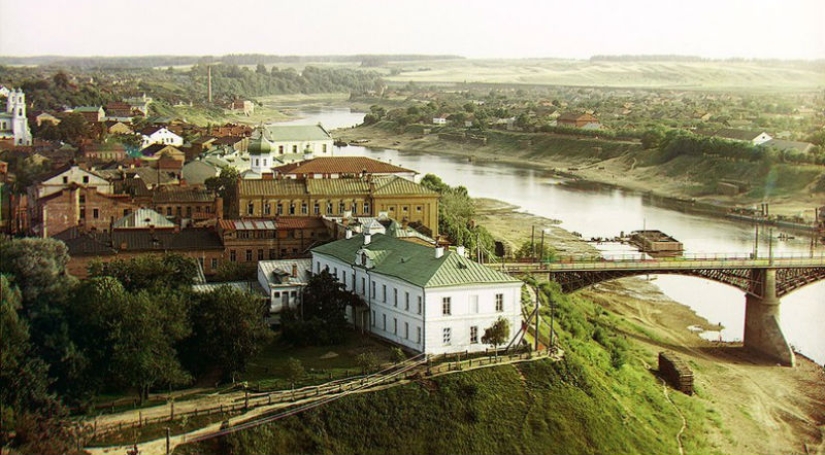

A talented chemist, enthusiastic photographer, graduate of the St. Petersburg Institute of Technology, Sergei Prokudin-Gorsky by 1906 published a number of articles on the principles of color photography. During this period, he improved the new method, which provided the same color sensitivity of the entire spectrum, so much that he could already take color pictures suitable for projection. At the same time, he also develops his own method of transmitting a color image based on the division of colors into three components. He shot the objects three times through three filters — red, green and blue. It turned out three black-and-white positive plates.
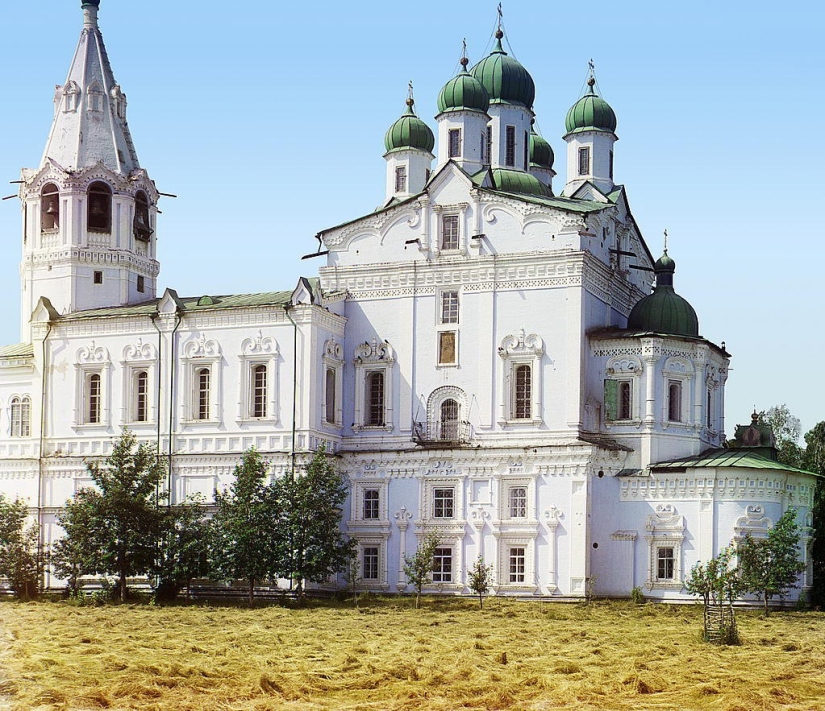
For the subsequent reproduction of the image, he used a three-section slide projector with blue, red and green light. All three images from three plates were projected onto the screen simultaneously, as a result of which those present had the opportunity to see full-color images. Being by 1909 already a well-known photographer and editor of the magazine "Amateur Photographer", Sergey Mikhailovich had the opportunity to realize his long—standing dream - to make a photo chronicle of the Russian Empire.
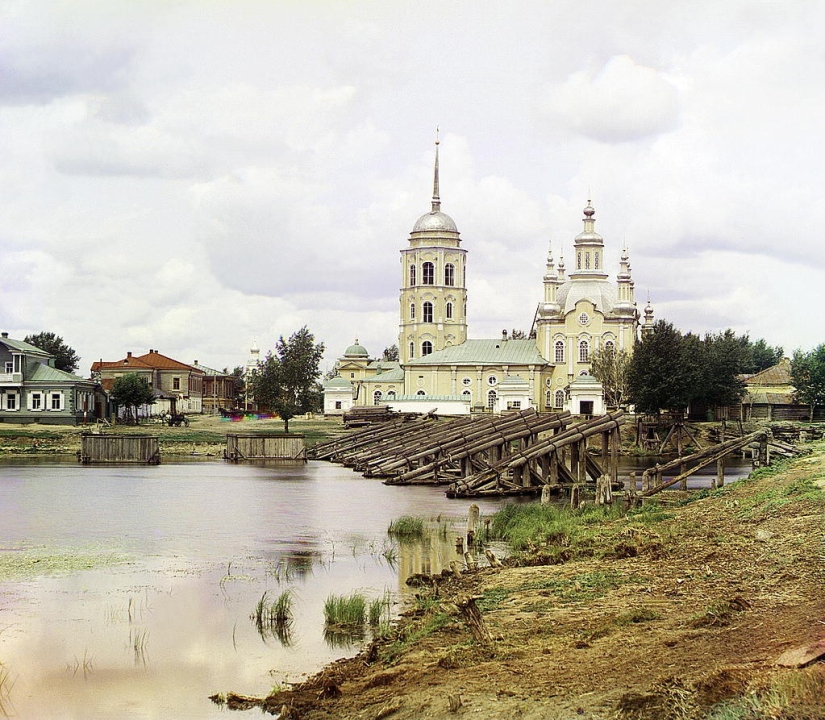
On the recommendation of Grand Duke Mikhail, he outlines his plan to Nicholas II and receives the warmest support. Over the next few years, the government allocated Prokudin-Gorsky a specially equipped railway carriage for trips to photographically document the life of the empire.
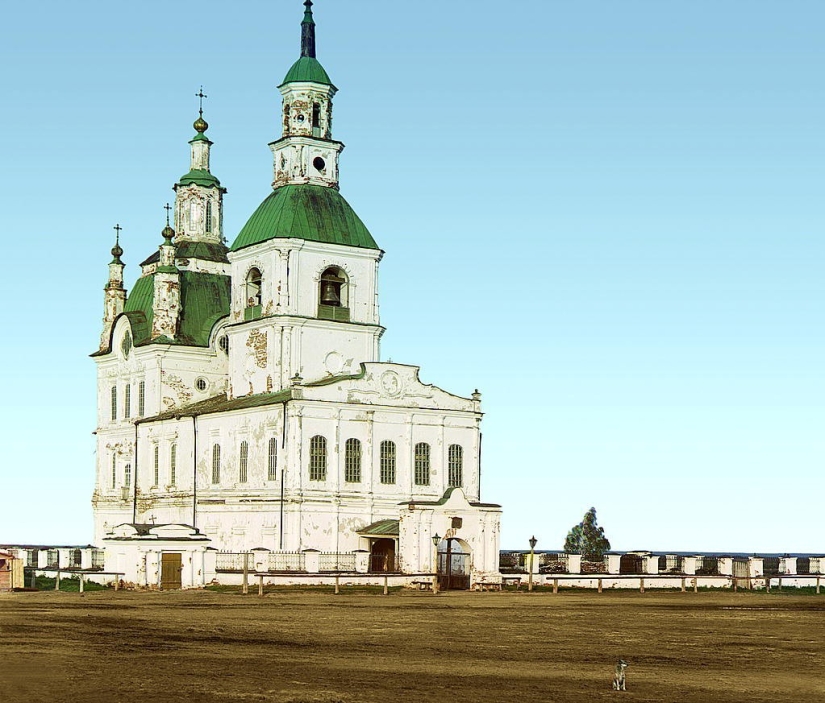
During this work, several thousand plates were shot. The technology of displaying a color image on the screen has been worked out.
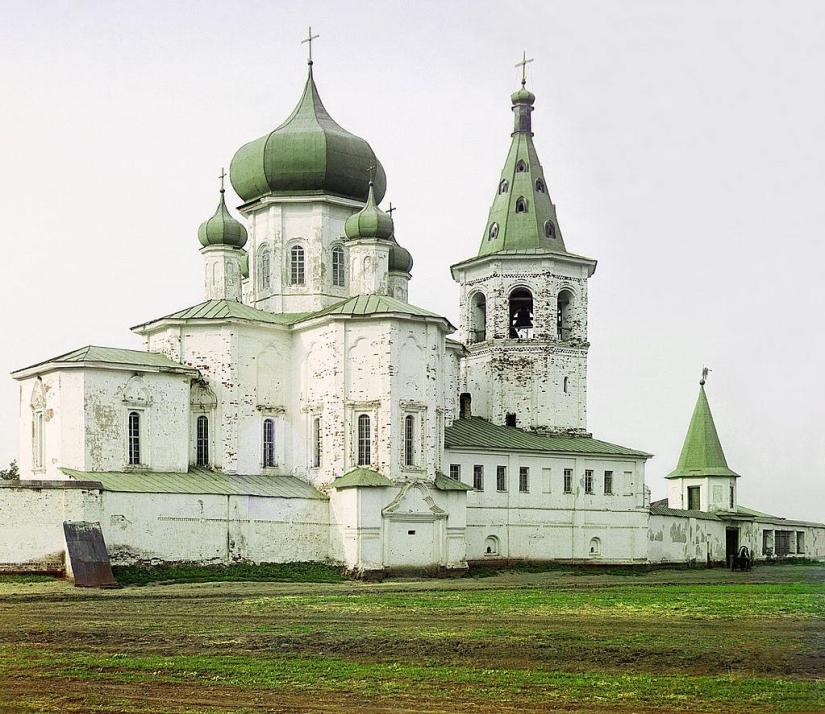
And most importantly, a gallery of beautiful photos has been created, unprecedented in quality and volume. And for the first time such a series of pictures was decomposed into colors. Then only for the purpose of displaying using a slide projector on the screen.
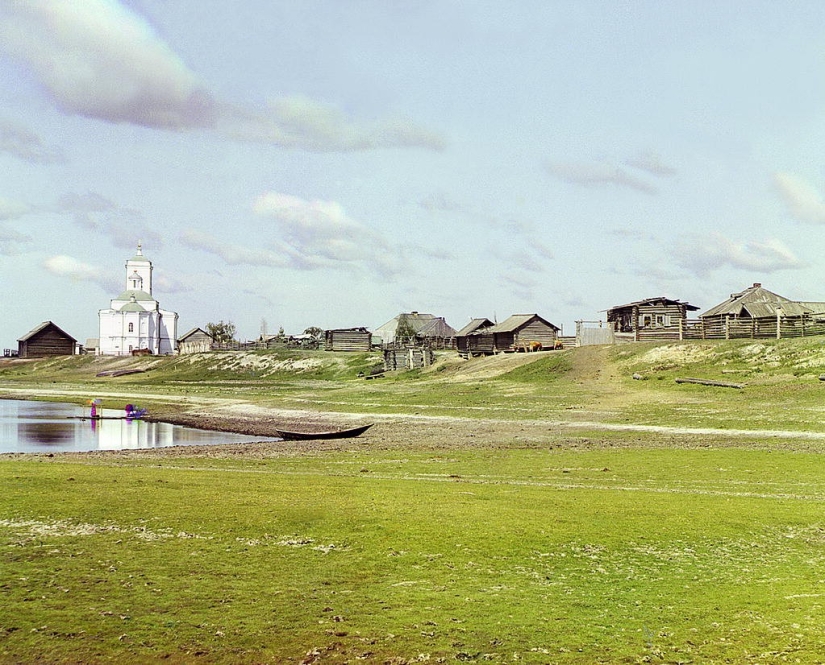
The fate of these photographic plates is also unusual. Prokudin-Gorsky managed after the death of Nicholas II to go first to Scandinavia, then to Paris, taking with him almost all the results of many years of work — glass plates in 20 boxes.
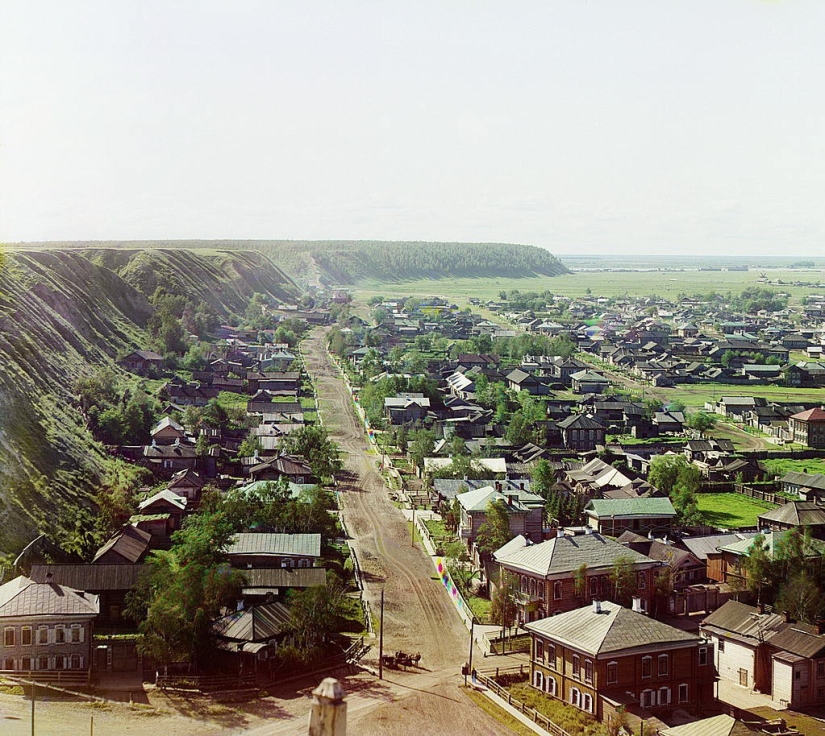
In the 1920s Prokudin-Gorsky lived in Nice, and the local Russian community received a precious opportunity to view his paintings in the form of color slides. Sergey Mikhailovich was proud that his work helped the young Russian generation on foreign soil to understand and remember what their lost homeland looked like — in its most real form, preserving not only its color, but also its spirit.
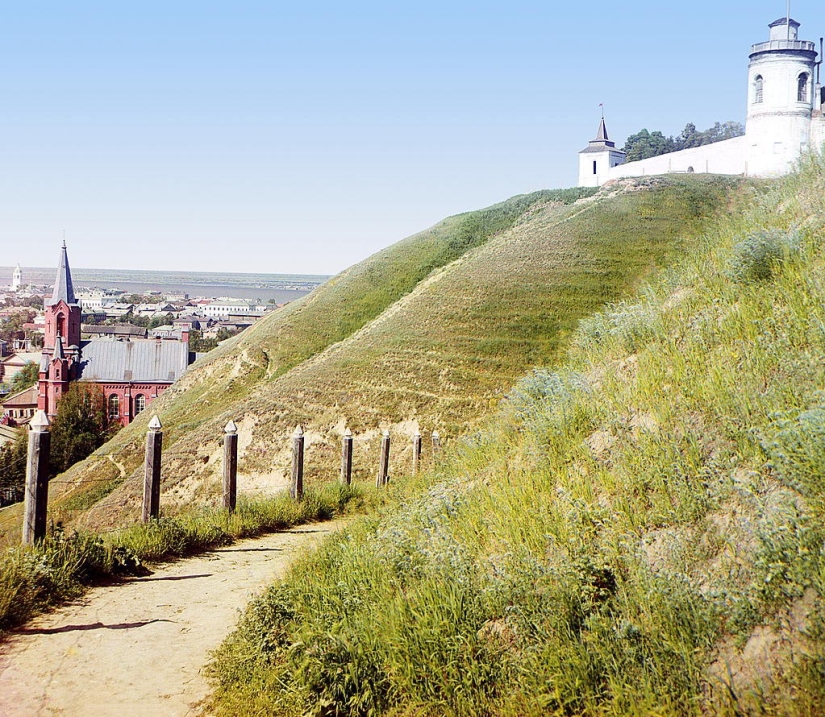
The collection of photographic plates has survived numerous relocations of the Prokudin-Gorsky family, and the German occupation of Paris.
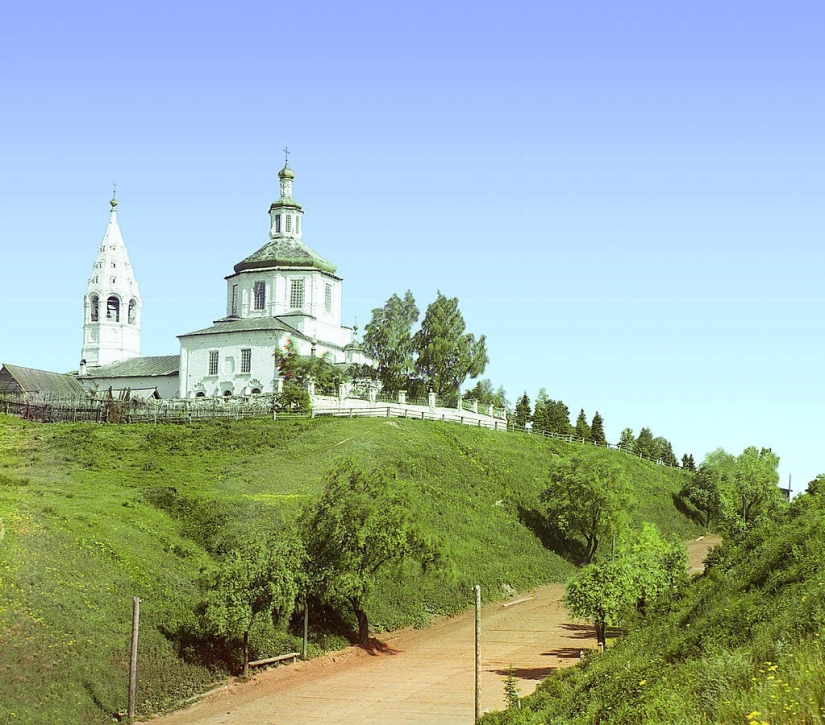
In the late 40s, the question arose in the USA about the publication of the first volume of The History of Russian Art under the general editorship of Igor Grabar. And about the possibility of supplying it with color illustrations. It was then that the translator of this work, Princess Maria Putyatina, remembered that at the beginning of the century her father-in-law, Prince Putyatin, introduced to Tsar Nicholas II a certain professor Prokudin-Gorsky, who developed a method of color photography by color separation. According to her, the professor's sons lived as exiles in Paris and were the keepers of his collection of photographs.
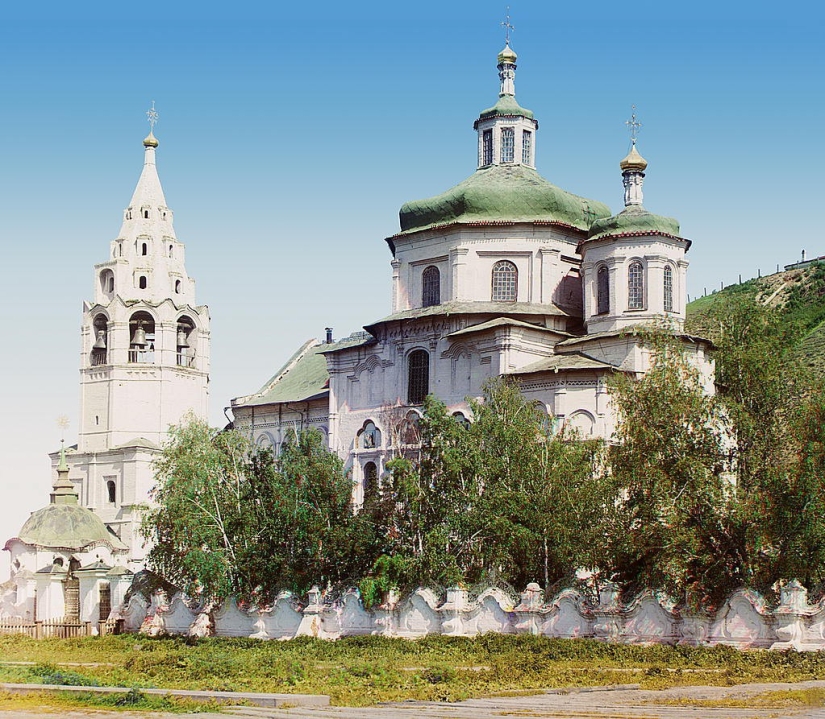
In 1948 , a representative of the Rockefeller Marshall Fund acquired from Prokudin-Gorsky about 1600 photographic plates for the amount of $ 5,000. Since then, the plates have been kept in the Library of Congress for many years.
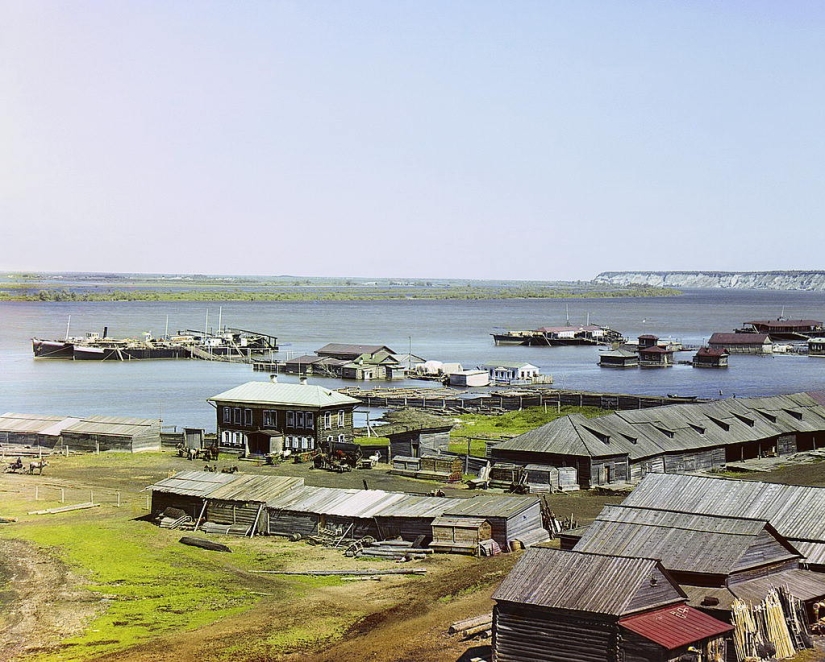
Recently, only someone came up with the idea to try to scan and combine three-plate photographs of Prokudin-Gorsky on a computer. And almost a miracle happened — it seemed that the images lost forever came to life.
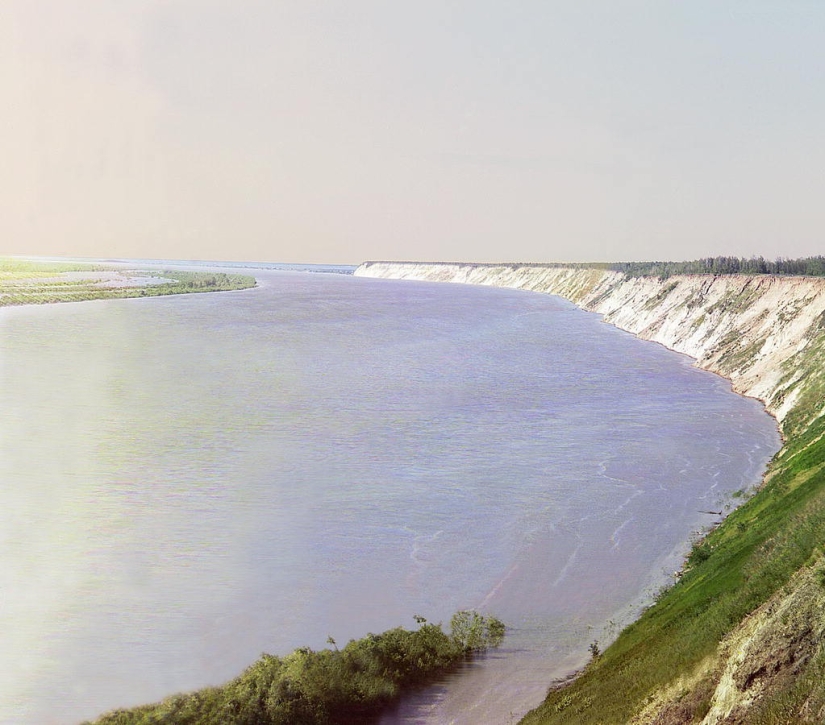
Keywords: XX century | Rare photos | Russian Empire | Sergey prokudin-gorsky | Color
Post News ArticleRecent articles

It's high time to admit that this whole hipster idea has gone too far. The concept has become so popular that even restaurants have ...

There is a perception that people only use 10% of their brain potential. But the heroes of our review, apparently, found a way to ...
Related articles

The formation of Russian names occurred centuries under the influence of many factors and cultures. Despite this, our imenoslov ...

The cycle of color photographs captured in the distant 1911. Where one hundred years ago, took a color? How was it done? Indeed, ...

Fashion photographer Michael McDonnell met Madonna in 1978 when the future superstar no one has heard before. McDonnell stumbled ...

New Year's is a time to surprise and delight loved ones not only with gifts but also with a unique presentation of the holiday ...